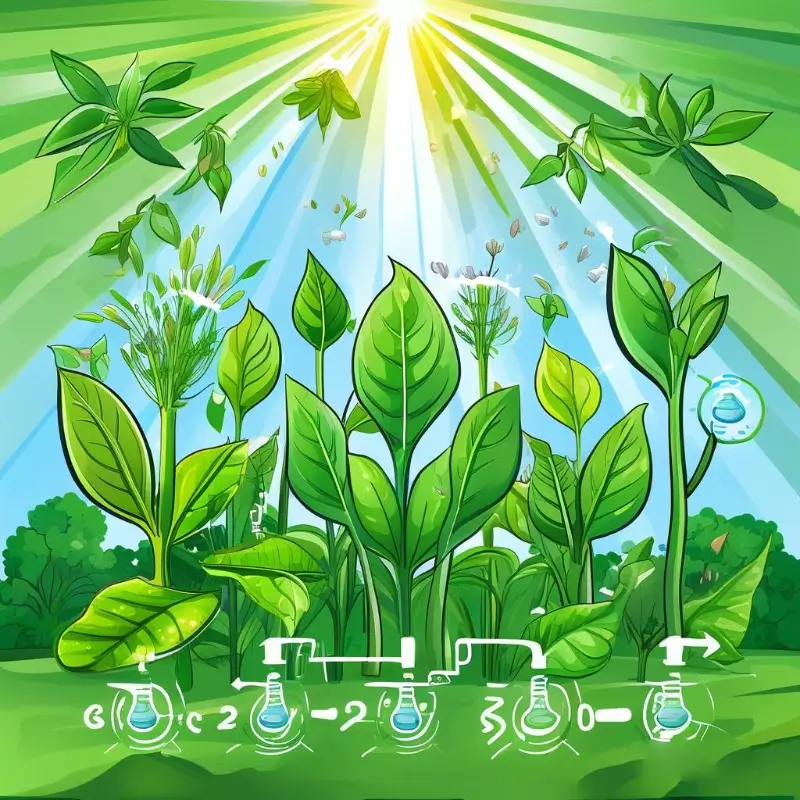why do plants perform photosynthesis?
Plants perform photosynthesis primarily as a means of producing the energy-rich organic compounds they need to grow and survive. Here’s a more detailed explanation of why photosynthesis is essential for plants:
- Energy Production: Photosynthesis converts light energy into chemical energy stored in the form of glucose and other organic molecules. This energy is used to power the plant’s growth, development, and reproduction.
- Autotrophy: Photosynthesis allows plants to be autotrophic, meaning they can produce their own food. This is a key characteristic of plants that distinguishes them from heterotrophic organisms, which must consume other organisms or organic matter to obtain energy.
- Growth and Development: The organic matter produced during photosynthesis are used to build new cells, tissues, and organs in the plant. This is crucial for the plant’s ability to grow from a seedling to a mature plant and to recover from damage.
- Reproduction: Energy from photosynthesis is also necessary for the production of flowers, fruits, and seeds, which are involved in the plant’s reproductive cycle. Without photosynthesis, plants would not be able to produce these structures.
- Carbon Dioxide Conversion: Photosynthesis removes carbon dioxide from the atmosphere and converts it into organic carbon, which is then used to build plant tissues. This helps to mitigate the effects of carbon dioxide as a greenhouse gas and is thus important for the regulation of Earth’s climate.
- Oxygen Release: As a byproduct of photosynthesis, plants release oxygen into the atmosphere. This is vital for the respiration of all aerobic organisms, including plants themselves, as well as animals and many microorganisms.
- Ecological Balance: Photosynthesis is a fundamental process in ecosystems, providing the energy base for the food web. It links together producers (plants), consumers (animals), and decomposers (fungi and bacteria), creating a balanced ecosystem.
In summary, photosynthesis is crucial for plants because it provides them with the energy and building blocks necessary for growth, development, reproduction, and survival, while also playing a critical role in the Earth’s energy cycle and climate regulation.



